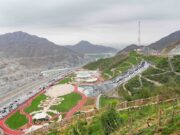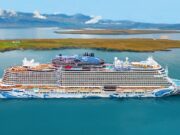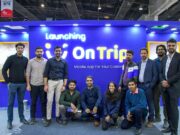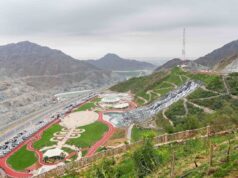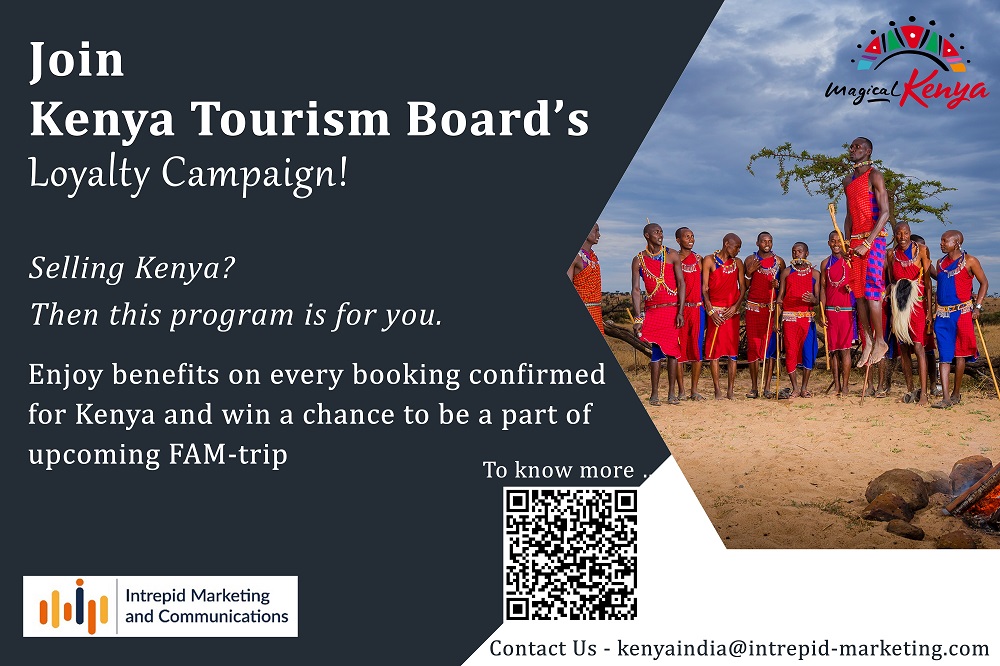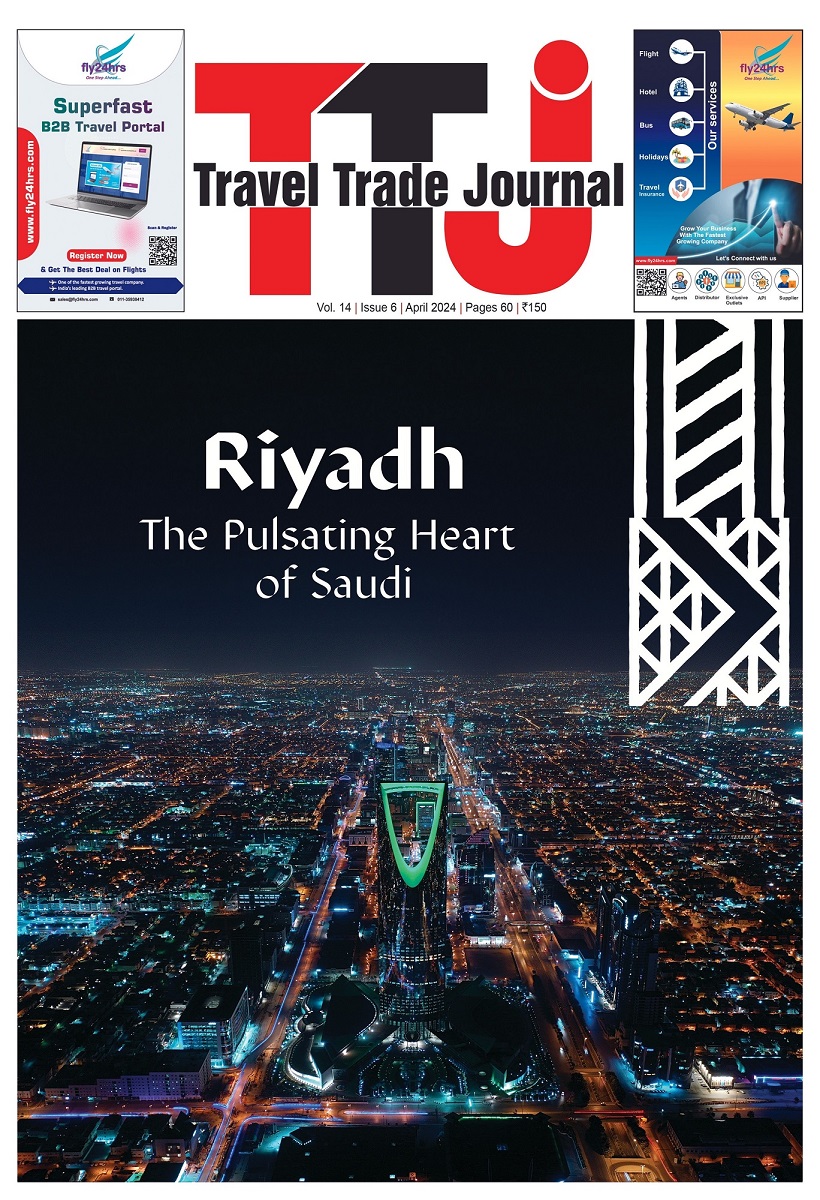Delve into the dynamic landscape of Mauritius tourism with Arvind Bundhun, Director, Mauritius Tourism Promotion Authority, as he outlines pragmatic growth strategies and efforts to enhance market accessibility. With its extensive history in sustainability, Mauritius prevails as a beacon of responsible tourism, offering valuable insights for global engagement while navigating towards an inclusive and equitable future.
– Prativa Vaidya Bhalla
The island country of Mauritius is famed for its breathtaking scenery of sandy beaches, mountains, tea estates, waterfalls, forests, and coral-reefed lagoons. Big enough for extraordinary adventures and small enough to ensure everything on the island is within easy reach, it serves as a magnet for tourism. Its population hails from diverse origins, including Indian, Chinese, African, Dutch, French, and British. This fosters a harmonious, inclusive society that warmly welcomes all religions and ethnicities. Reminiscing on the success of the past year, Arvind states, “2023 was a good year for Mauritius. Over the calendar year, we set an objective to attain 1.3 million tourists globally, and India performed quite well. We have welcomed around 50,000 Indians, and for 2024, we aim to welcome around 100,000 tourists.”
Ambitious Goals
This objective seems very achievable as air connectivity between the two countries continues to increase. Arvind points out, “Currently, Air Mauritius operates five weekly flights from Mumbai and Delhi, with Chennai set to be added in April. Vistara also offers five flights per week along this route. This enhanced connectivity enables us to tap into India’s immense market potential.” Additionally, Mauritius shares long-standing connections with India, with approximately 60 per cent of its forefathers hailing from India. The island nation understands and caters to all the needs of Indian travellers, offering a welcoming environment akin to a home away from home. With an array of sea and land activities, including indoor options, the island presents a diverse range of experiences. Additionally, Mauritius boasts rich gastronomy, culture, traditions, religions, and festivals, rendering it a well-rounded destination, ideal for Indian travellers.
Diversifying Markets
The COVID-19 pandemic emphasised the necessity of diversifying target markets, prompting Mauritius’ tourism sector to adopt a strategic shift away from singular concentration in one area. This strategy includes strengthening strong source markets such as India and the Middle East. The high-performing target market is Europe, especially Eastern Europe, and regional tourism within Africa. By allocating resources across various continents, the aim is to achieve a balanced approach and mitigate reliance on any one region. One of the main challenges faced by Mauritius is its geographical distance from key markets, leading to increased fuel costs and subsequently higher air ticket prices, which act as a deterrent for travellers. Additionally, small developing island states like Mauritius confront the impacts of changing climatic conditions on a daily basis. This presents a significant challenge for the island nation.
Long-Term Sustainability
The pursuit of sustainability in Mauritius has been an enduring journey marked by the development of stringent regulations. Construction of properties with over 50 rooms now mandates the inclusion of sewage treatment plants, partial reliance on solar energy, and use of biodegradable products. Moreover, the ban on single-use plastic and the provision of tax rebates for electric vehicles highlights the commitment to reducing carbon footprints. This dedication to sustainability reflects a broader global awareness of environmental concerns. Arvind declares, “We are currently working with the Global Sustainable Tourism Council and have one particular village in the south of Mauritius certified as sustainable. By 2030, with the help of the private sector, we intend to certify the whole island as sustainable.”
Prioritising Partnerships
A significant shift has been observed in the Mauritius tourism landscape, with B2B transactions now dominating 60 per cent of inbound tourism. To harness this support, direct engagement with B2B partners and collaborative efforts with airlines on joint marketing initiatives have become paramount. Moreover, digital strategies targeting B2C audiences have been implemented to capitalise on the vast reach of digital platforms. Amidst these endeavours, the overarching focus remains on sustainable and inclusive tourism development, ensuring the involvement of all Mauritians and equitable distribution of tourism benefits. This steadfast commitment highlights Mauritius’ dedication to balanced and responsible tourism practices.














